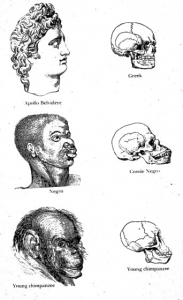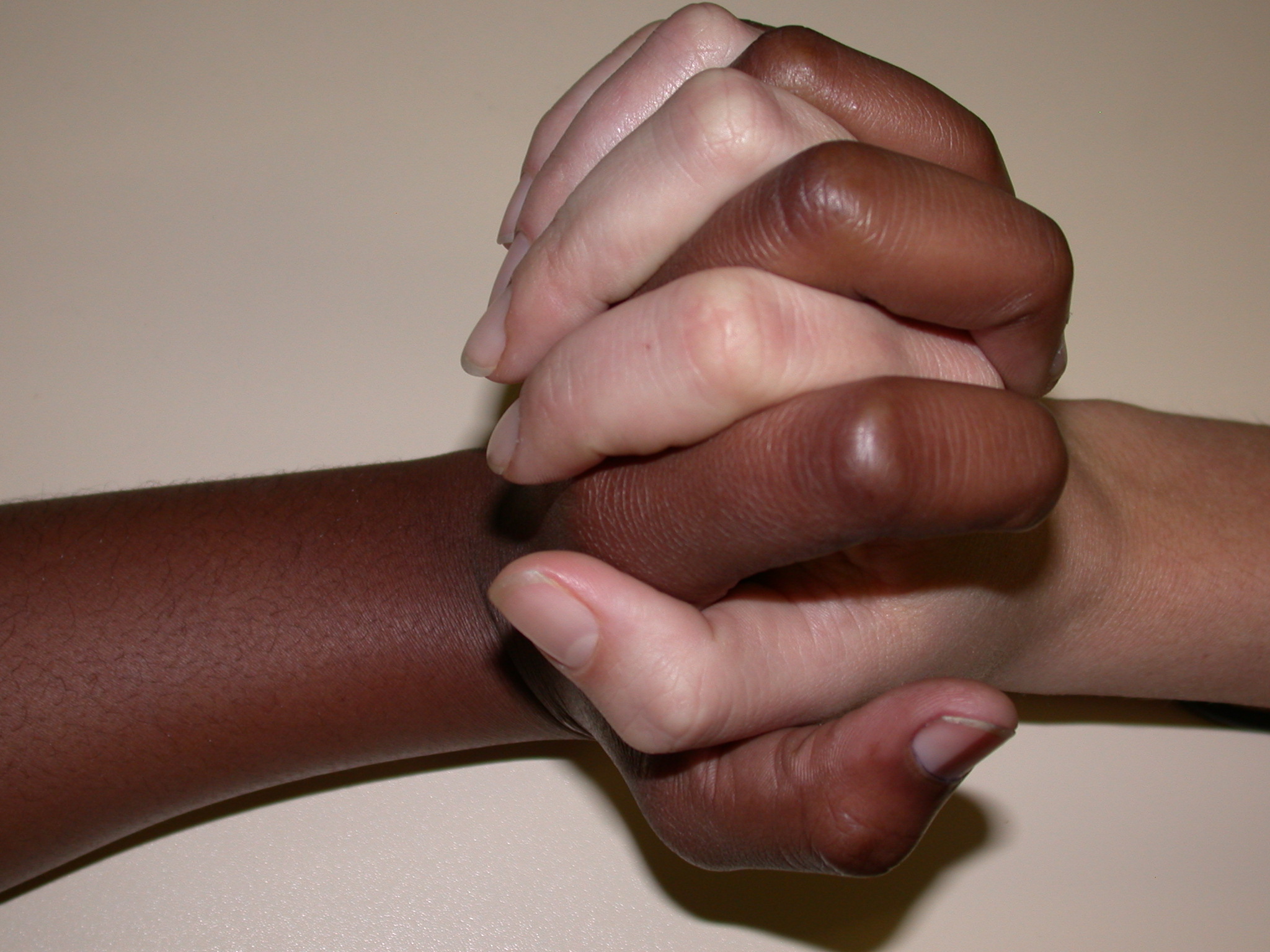Hi.
Welcome to “Why It’s Racist,” where I try to share some context to help people understand why certain things are racist in a non-judgmental, non-guilt-inducing space.
In an effort to keep things simple, since this is a 101 class, we’ll use the “dictionary definition” of racism, but please understand that MANY people invested in conversations about race, prejudice, racism, ethnicity and so on, use a more nuanced definition that includes issues of power and authority (an example here). Beyond that, we could (and should) get into the conversation of whether “race” exists or is a construct for having power over other people. But this would require several posts, so let’s keep it simple for today.
Oxford says racism is, “Prejudice, discrimination, or antagonism directed against someone of a different race based on the belief that one’s own race is superior.” And, secondarily, “The belief that all members of each race possess characteristics, abilities, or qualities specific to that race, especially so as to distinguish it as inferior or superior to another race or races.”
Keeping this in mind, we’re going to look at three points that lay out for us why using this term is racist:
- Personal Experience
- Dehumanization
- History
- Personal Experience.
The fact that you’re reading this article says maybe you’re not familiar with the word “monkey” (or “ape” or other simian words) being used as an insult or slur against Black people.
You don’t have to look far to find a Black person who can share a personal story about this word being used as a slur or insult against them. The personal experience here… whether that of the insulted or that of the insulter … tells us that this word can be used (and often is) as an intentional racial slur.
You might say, “But wait, that doesn’t mean it’s always intended that way.” Well, maybe not. But it means that it will pretty much always be taken that way.
Please know that, even though you may have just heard of this, it is common in a variety of places. The term “porch monkey,” for instance, has been used to refer to “lazy Black people” who sit on their front porch all day. It is not new, and it is not uncommon.
2. Dehumanization.
Remember our simplified definition of racism we’re using… how a key piece is about showing one group of people to be superior (or inferior) to another.
A common way this is done is by equating the “inferior” ethnic group with animals. “I am human… he is an uncivilized ape.” The “other” is dehumanized. This is not only done along racial lines, of course. You won’t have to think long to come up with an example of a politician calling a group of people “animals.” You won’t have to look for long to find someone referring to women with a slang term equating her with a dog.
With this particular term, there is a long history of pseudo-scientific attempts to (literally) “prove” that Black men and women are lesser… sub-human. Less than human. Inhuman.
You might say, “But wait I affectionately call my children ‘weasels’ or ‘monkeys’ or other animal-themed names.” Okay. But would you still do that if (a) they were mocked at school with the same name? Or (b) there was a racial history associated with that name for your kids?
3. History.

Whether it’s for the Trans-Atlantic slave trade, to make it clear that Apartheid is good, or to create a scapegoat for Nazi Germany, our world history is full of the vilification of one ethnic group for the benefit of another.
Wrapped up in this for the United States in particular, is the advent of scientific racism. Make no mistake, theological racism played a big part, too, but for this particular issue the scientific racism is key, because it told us that Black people were subhuman. Almost human. They were not fully evolved, savages, animals.
Certain people set out to prove via science that people of various ethnicities were SCIENTIFICALLY PROVEN to be inferior to white Europeans.
The advancement of evolution might have complicated things for a while — if all are descended from apes, then how is one race superior? — but answers were quickly found. Black people were “more like” apes and monkeys and thus less evolved. It wasn’t their fault, it was just the way of things. A white man was superior by virtue of his race, a Black woman inferior for the same reason.
This is not dead, by the way. I *still* see people on the Internet talk about the inferiority of certain ethnic groups and then say something like, “Well, it’s not racist, it’s just science! Group X gets lower SAT scores because they’re less cognitive thinkers.” It’s the “because” clause here that leads us into racist conclusions. When we say, “There is a difference here BECAUSE they are *less*.” (P.S. there are lots and lots of reasons for standardized testing differences.)
The point being that there is more than a century of scientific racism pushing the idea that Black people are in some middle space between animal and human.
There you go. Three things to keep in mind:
* The personal experience of Black people with being called monkey.
* The dehumanizing intent of using “monkey” as a slur.
* The history of our society, where the argument that Black people are less than human has been seriously advanced.

